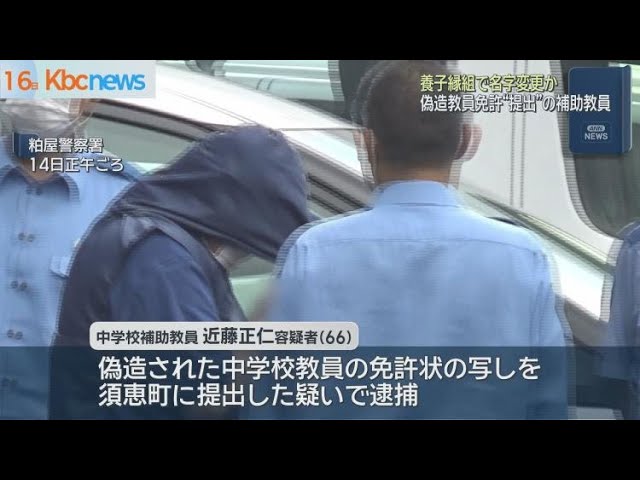An individual in Japan has recently been caught red-handed, forging a teaching license by exploiting the country's adoption system. By changing their surname through a legal adoption process, the person was successful in obtaining an unearned teaching license. This incident has raised critical questions about the vulnerabilities of Japan's rigorous certification structures and the robustness of the adoption regulations.
In Japan, education is highly revered, and teachers hold a prestigious position. Therefore, this incident of license forgery comes as a shock to society. Moreover, exploiting the adoption system, primarily used to ensure the well-being of children, is considered morally and ethically reprehensible. This incident could lead to calls for stricter regulations, highlighting the need for comprehensive checks in both adoption and the education systems.
In the US or EU, similar breaches would also lead to serious legal consequences. Teachings licenses are strictly regulated and obtained only via a strenuous process involving education, examinations, and practice teaching. Adoption systems in these regions also uphold the best interests of adoptees, and manipulation of such systems would be dealt with very severely.

